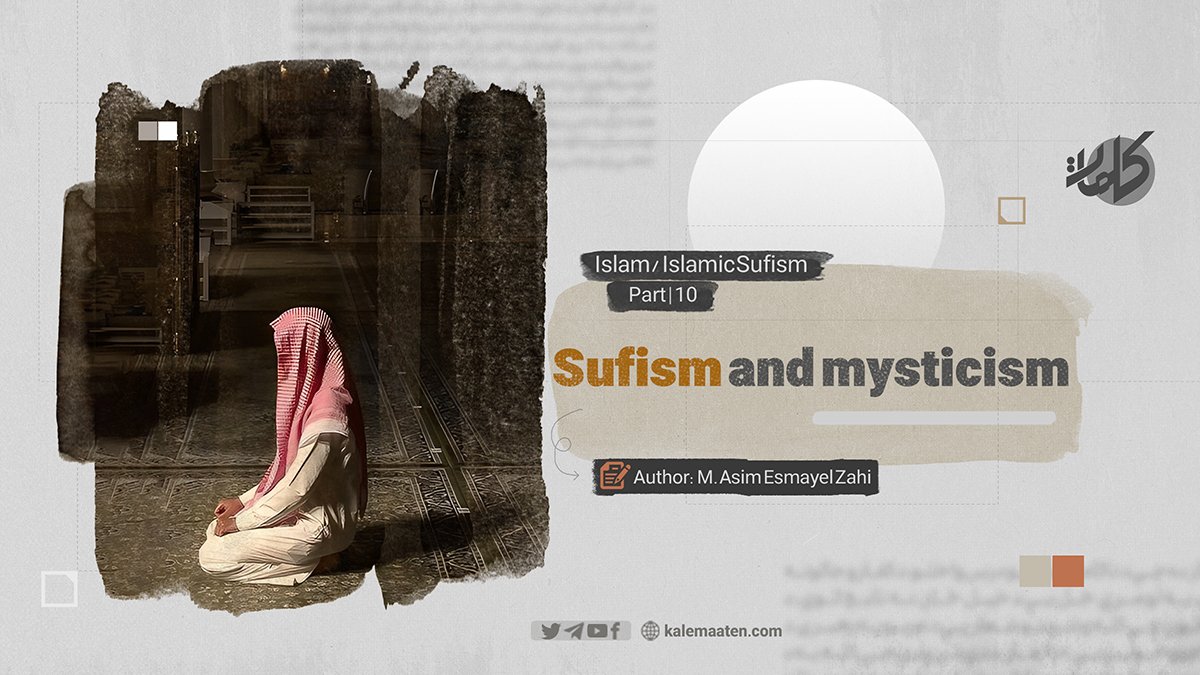
Author: M. Asim Esmayel Zahi
Sufism and Mysticism (Part 10)
The Ranks of Mystics and Sufis from the 2nd to the 10th Century AH
8th Century:
1. Ala al-Dawla Samnani: Initially, he worked in a governmental office, but later he left this profession to pursue the path of mysticism and religious thought. He devoted all his wealth to the way of Allah and authored many books in various fields. His unique perspectives on mysticism are expressed in his significant works. Samnani passed away in the year 736 AH.
2. Abd Al-Razzaq Kashani: He was one of the prominent scholars of mysticism in this century. He wrote commentaries on the renowned Fusus al-Hikam by Ibn Arabi and Manazil al-Sa’irin by Khwaja Abdullah Ansari. There were debates and differences between Kashani and Samnani regarding the theoretical issues of mysticism introduced by Ibn Arabi. Abd al-Razzaq Kashani passed away in the year 735 AH.
3. Khwaja Hafiz Shirazi: Despite his global fame, the details of Hafiz’s life remain obscure. It is certain that he was a scholar, mystic, memorizer, and interpreter of the Holy Quran.
Although he has spoken extensively about the spiritual guide and mentor in his poetry, it is unclear who his own mentor and teacher was. Hafez’s poetry is at the pinnacle of mysticism, and few are capable of grasping his subtle mystical nuances. All the mystics who have come after him acknowledge that he has practically traversed the highest spiritual stations. Hafiz passed away in the year 791 AH.
4. Sheikh Mahmoud Shabestari: He is the author of the mystical poem Golshan-e Raz which is considered one of the most distinguished mystical works, ensuring the immortality of its author’s name. Numerous commentaries have been written on this poem, with perhaps the best being the commentary by Sheikh Mohammad Lahiji, which has been published and is accessible. Shabestari passed away in the year 720 AH.
Continues…


